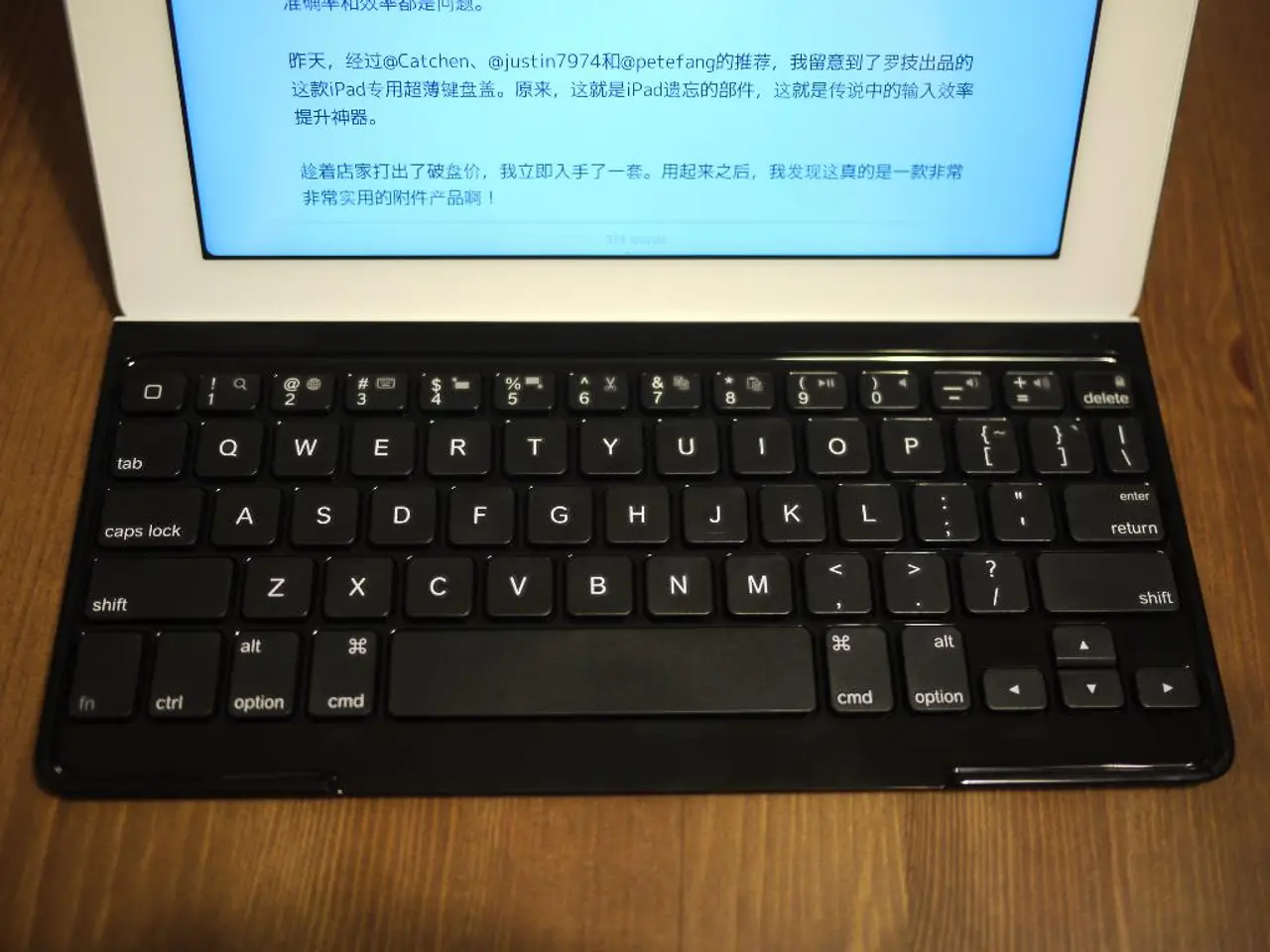Approximately 90% of Asus's computer and motherboard production headed for the U.S. is now being manufactured overseas, specifically in Thailand, Vietnam, and Indonesia, in an attempt to dodge tariffs imposed in China.
In a strategic move to mitigate the impact of high U.S. tariffs imposed during the escalating U.S.-China trade war, tech giant Asus has successfully relocated over 90% of its PC and motherboard production from China to Southeast Asia. The company has expanded its manufacturing bases in Thailand, Vietnam, and Indonesia [1][2][3][4].
This strategic relocation leverages the relatively lower tariffs in these ASEAN countries—around 19% for Thailand and Indonesia and 20% for Vietnam—compared to tariffs of up to 30% or more on Chinese goods destined for the U.S. market. By spreading production across multiple Southeast Asian countries, Asus reduces geopolitical risks and dependency on a single source [2][3].
However, the transition comes with challenges. Logistical complexities, infrastructure demands, and potential increased costs in managing multiple sites could ultimately affect consumer pricing. Asus warns that some of these increased costs may be passed on to consumers [2][3].
The company remains vigilant regarding proposed U.S. semiconductor tariffs, particularly given its reliance on chips from Taiwan Semiconductor Manufacturing Company (TSMC). This ongoing uncertainty necessitates careful adaptation in pricing and supply chain logistics [2][3].
The expansion of Asus' production bases includes sites in Thailand, Vietnam, and Indonesia. The goal is for Asus to maintain or lower its costs to prevent consumers from paying more for the same item in the near future [5]. Asus also moved its server production into the U.S. by the end of quarter four, last year [6].
The situation remains volatile due to ongoing tariff policies and trade relations between the U.S. and its trading partners. The exact workings of the exemptions are still unclear, and the impact on Asus is unknown [1]. President Donald Trump placed tariffs on all trading partners in early April 2025 [7].
Asus is currently eligible for tariff exemption on PCs, phones, and other electronic devices [8]. The company is taking steps to mitigate the risk of building production lines in a single country [9].
Overall, Asus’s production base expansion in Southeast Asia reflects a broader industry trend toward regional diversification to enhance supply chain resilience in a volatile global trade environment [2][4]. The company continues to adapt and evolve in response to the ever-changing trade landscape.
[1] https://www.reuters.com/article/us-asus-tariffs-idUSKCN25924E [2] https://www.zdnet.com/article/asus-moves-motherboard-and-pc-production-out-of-china-to-southeast-asia/ [3] https://www.pcgamer.com/asus-moves-most-motherboard-and-pc-production-out-of-china-to-southeast-asia/ [4] https://www.digitimes.com/news/a20210820PD246.html [5] https://www.pcgamer.com/asus-moves-most-motherboard-and-pc-production-out-of-china-to-southeast-asia/ [6] https://www.digitimes.com/news/a20210820PD246.html [7] https://www.cnbc.com/2021/04/09/trump-extends-deadline-for-china-and-us-to-reach-a-deal-to-november.html [8] https://www.reuters.com/article/us-asus-tariffs-idUSKCN25924E [9] https://www.digitimes.com/news/a20210820PD246.html
Read also:
- Stone mining has transformed the once renowned 'Sada Pathor' into a desolate, post-apocalyptic landscape.
- The Developmental Journey of Digital Supply Chains
- In the Heart of Soho, Manhattan, a New Brewery Emerges Underground
- Financial regulatory body OCC imposes Anti-Money Laundering (AML) disciplinary action against Wells Fargo.








